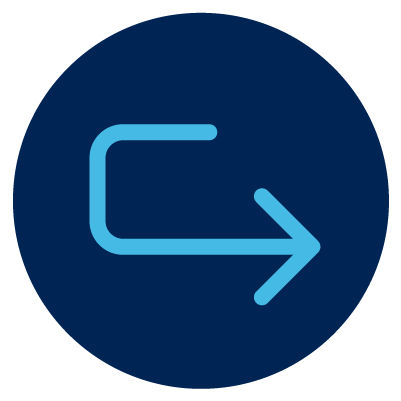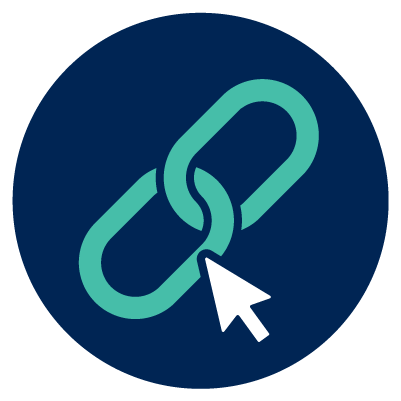Taking part in Inclusive Employment Australia
There are steps you need to follow when you join Inclusive Employment Australia. Learn more with our guide to interviews with providers, job plans, mutual obligations and your choices.
Getting started and choosing a provider
Most people get access to Inclusive Employment Australia through a referral from Services Australia. Find out who can use Inclusive Employment Australia and what you might need to do at who is eligible for Inclusive Employment Australia.
It is a good idea to look at our list of providers before you meet with Services Australia.
You can choose a provider because they are close to home or for any other reason, for example because they are close to public transport.
Having an interview
To start in Inclusive Employment Australia, you will need to have an interview with your Inclusive Employment Australia provider, so they can make a plan to meet your needs.
Your provider will talk to you about:
- your skills and interests
- any work and training you have done
- what you are able to do
- the help you need to find and keep a job.
At the interview, your provider will explain your:
- rights – rules about how you should be treated fairly
- obligations – the things you must do when you take part in Inclusive Employment Australia.
They will give you a copy of the Inclusive Employment Australia Service Guarantee and Inclusive Employment Australia Code of Practice. These documents explain the services and rules an Inclusive Employment Australia provider must follow.
As part of the transition from Disability Employment Services to Inclusive Employment Australia, we are currently reviewing and updating the documents and resources available on the JobAccess website. We encourage you to check back regularly for the latest information.
Making and following a job plan
Based on your interview, the Inclusive Employment Australia provider will work with you to create a job plan. This is a plan for working with your provider to help you find suitable work.
The job plan will be either:
- a ‘meaningful engagement’ job plan, that sets out a general agreement that you and your provider will work together to make meaningful progress towards your job goals, or
- a ‘detailed’ job plan, which lists the activities and supports you will undertake.
The job plan may include information from your Employment Services Assessment (ESAt) or Job Capacity Assessment (JCA) if you had one. Visit Who is eligible for Inclusive Employment Australia for more information on these assessments.
The provider will use the job plan to decide what services you need. You and your provider negotiate and must agree to the details included in your job plan before services start. Your job plan is updated to reflect your current needs and circumstances.
Mutual obligations
The job plan might have activities you must do to keep getting income support payments from Centrelink. These are called ‘mutual obligations’.
Mutual obligations can be things like:
- meeting with your Inclusive Employment Australia provider at set times
- looking for a certain number of jobs each week
- going to appointments with other groups
- going to job interviews
- going to training courses.
Not everyone who is in Inclusive Employment Australia has mutual obligations. Your Inclusive Employment Australia provider will let you know if you do not have mutual obligations.
If you are getting the Disability Support Pension (DSP) and you are under 35, you might have compulsory participation requirements instead to keep getting your DSP.
What if you do not do the activities in your job plan?
If you have mutual obligations, you need to participate in Inclusive Employment Australia to meet those obligations.
If you have a ‘meaningful engagement’ job plan and your provider does not think you are engaging in a meaningful way, they may move you to a ‘detailed’ job plan that lists particular things you need to do.
If you have a ‘detailed’ job plan, there will be things listed in your job plan that you need to do to meet your requirements. If you do not do these things, you need to tell your provider why you did not do them. If you do not have a valid reason why you did not do something you needed to do, Services Australia may lower, suspend or cancel your income support payments.
If you do not have mutual obligations, you are a volunteer and you do not need to do anything in Inclusive Employment Australia. However, your Inclusive Employment Australia provider can remove you from the program if they believe you are not participating. For example, if you do not attend planned training or you keep missing job interviews.
Keeping track of your activities
You can keep track of the activities you do in your job plan through the myGov website. Your Inclusive Employment Australia provider can help you do this.
Pausing your Inclusive Employment Australia program
If you have mutual obligation requirements, you must keep working with your provider unless Services Australia tells you that you do not have to.
For example, if you have a serious illness, Services Australia can pause the program for you. You can ask to get Inclusive Employment Australia services during the pause if you want to.
Inclusive Employment Australia providers do not accept medical certificates. You need to take these to Services Australia.
Keeping your job
Once your Inclusive Employment Australia provider puts you in a job, they can help you with:
- on-the-job training
- talking to your employer and people you work with
- ongoing help in your job
- changing your workplace.
If you risk losing your job because of disability, illness, or health condition you can get help through Work Assist.
Your service choices
When you take part in Inclusive Employment Australia, you can choose the services you get and how you get them. For example, you can:
- choose to have appointments in person, by phone or by video chat – talk to your provider to agree on what works best for you
- change your provider at any time if you are not happy with their services.
You can choose any provider even if they’re not in your local area. For example, the provider is located close to public transport.
If you want to change your Inclusive Employment Australia provider for any reason you can do this as many times as you like, no questions asked.
If you want to change your provider, call the National Customer Service Line on 1800 805 260 or email.
Related pages
Last updated:
Taking part in Inclusive Employment Australia
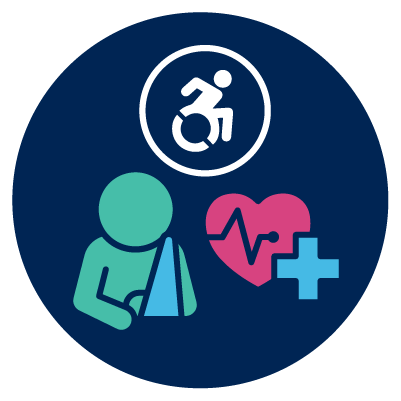
Inclusive Employment Australia can help you find and keep a job if you live with:
- disability
- injury
- medical condition.
There are some things you need to do when you start an Inclusive Employment Australia program.
Getting started with Inclusive Employment Australia
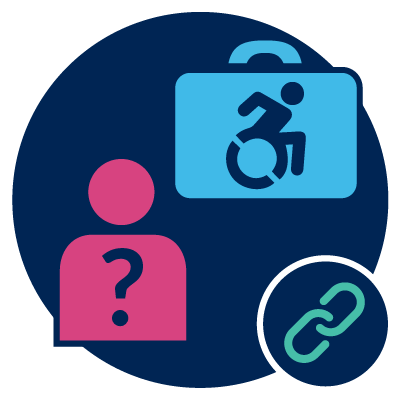
To take part in an Inclusive Employment Australia helps people with disability find and keep a job. The Australian Government runs Inclusive Employment Australia. program, you need to meet the rules about who can get help.
You can find out more on our page about who is eligible for Inclusive Employment Australia.
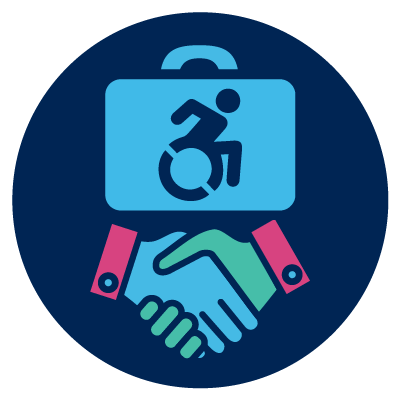
If you can use Inclusive Employment Australia, Services Australia can help you to contact an Inclusive Employment Australia providers support people with disability to find and keep jobs. This is called a ‘referral’.
Services Australia will give you information about Inclusive Employment Australia providers in your local area.

It’s a good idea to look up Inclusive Employment Australia providers before you go to Services Australia.
You can contact Inclusive Employment Australia providers to find out:
- how they can help you
- which one you feel most comfortable with.
You can then ask Services Australia to give you a referral to the Inclusive Employment Australia provider you want.
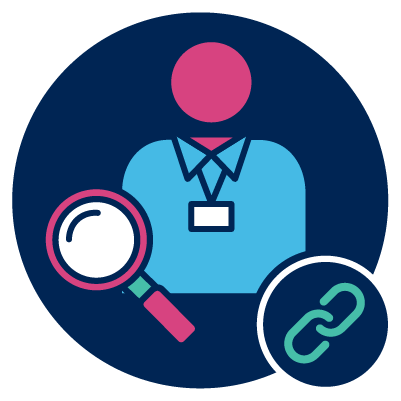
To help you choose an Inclusive Employment Australia provider, you can visit our page about searching for an Inclusive Employment Australia provider.
Starting your program
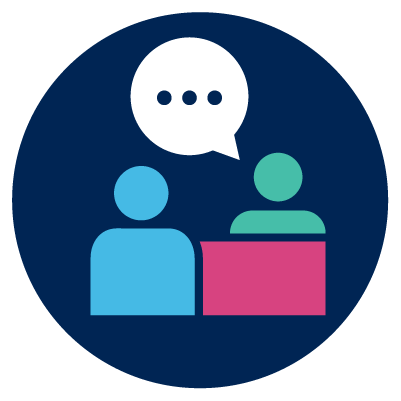
To start Inclusive Employment Australia, you’ll need to have an interview with your Inclusive Employment Australia provider.
This is so they can make a job plan to suit what you need.

The Inclusive Employment Australia provider will ask you about:
- what you’re interested in
- any work and training you’ve done before
- what you can do now
- what help you need to find and keep a job.
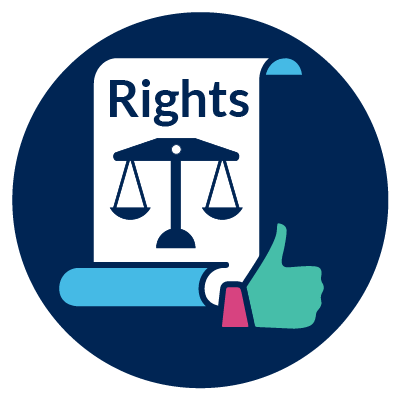
At the interview, the Inclusive Employment Australia provider will explain your Your rights are rules about how people need to treat you fairly and equally.
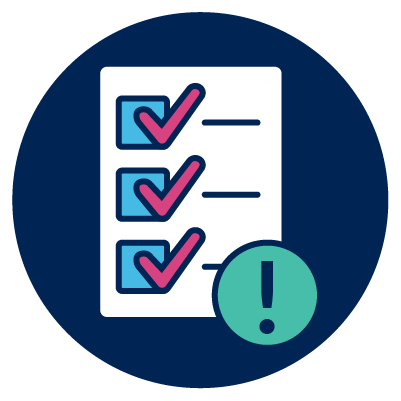
They will explain things you must do when you take part in an Inclusive Employment Australia program.
We call these ‘obligations’.
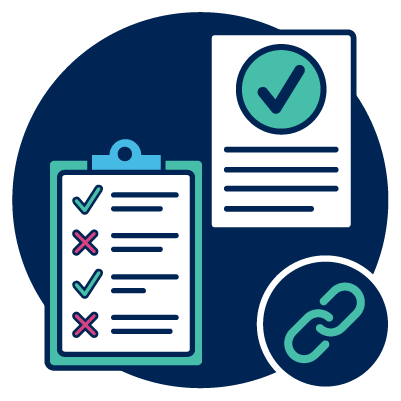
They’ll give you 2 documents.
This includes a document about the services an Inclusive Employment Australia provider must deliver.
You can find out more in the Inclusive Employment Australia Service Guarantee section.
They’ll also give you a document about the rules an Inclusive Employment Australia provider must follow.
You can find out more in the Inclusive Employment Australia Code of Practice section of this website.
Making and following a job plan
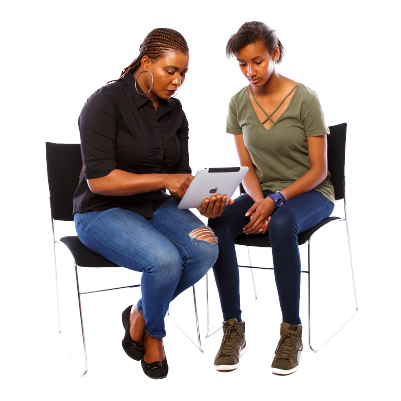
The Inclusive Employment Australia provider will help you to create a job plan at your interview.
Your job plan will include:
- what you’ll do to get and keep a job
- what the Inclusive Employment Australia provider will do to help you
- how you’ll work together.
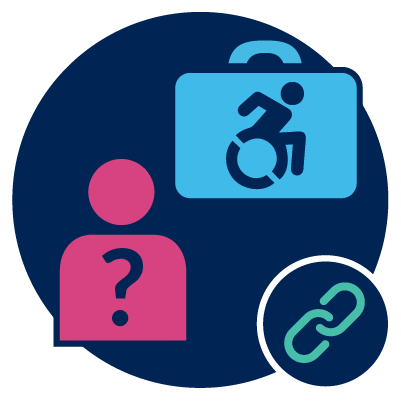
The job plan may also have information from the assessment that Services Australia did to find out if you could use Inclusive Employment Australia.
You can find out more about this assessment on our page about who is eligible for Inclusive Employment Australia.
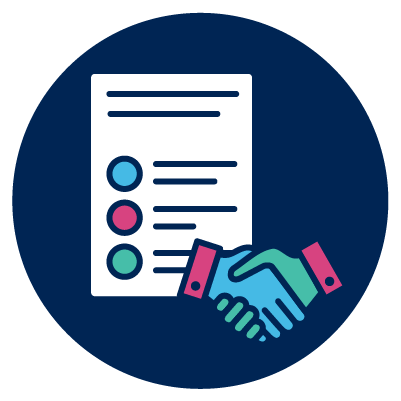
The Inclusive Employment Australia provider will use your job plan to decide what services you need.
You and your Inclusive Employment Australia provider need to agree to the job plan before your services start.
You can change your job plan if you need different services.
What you need to do
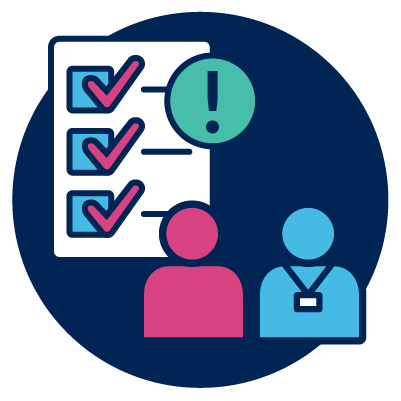
The job plan might have things you must do to keep getting Your income is the money you earn from working. support payments.
We call these things ‘mutual obligations’.
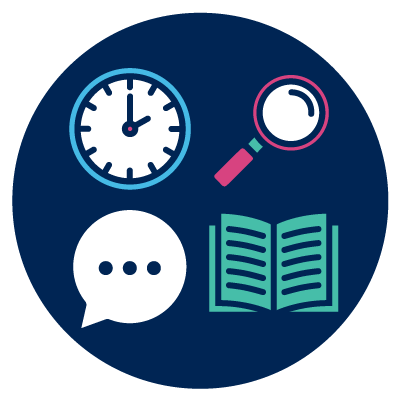
They can have things like:
- meeting with your Inclusive Employment Australia provider at certain times
- searching for a number of jobs each week
- going to job interviews
- training.

Your Inclusive Employment Australia provider will let you know if you need to do things to keep getting income support payment from Services Australia.
You might not have to do anything.
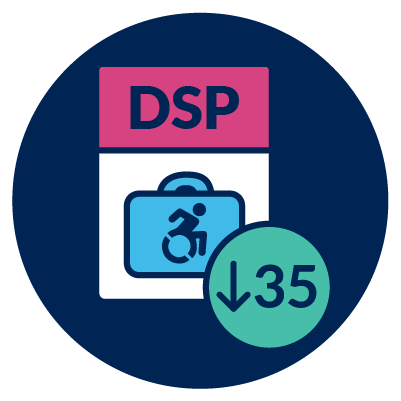
You might have to do different things instead if you’re:
- under 35
- getting the The DSP is a payment for people with a disability that affects how much they can work.
We call these things ‘compulsory participation requirements’.
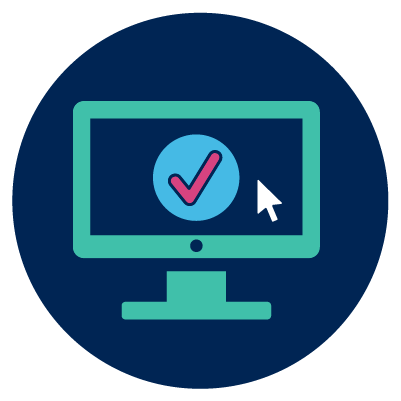
You can keep track of what you’ve done in your job plan by logging into your myGov account.
Your Inclusive Employment Australia provider can help you do this.
If you can’t do these things
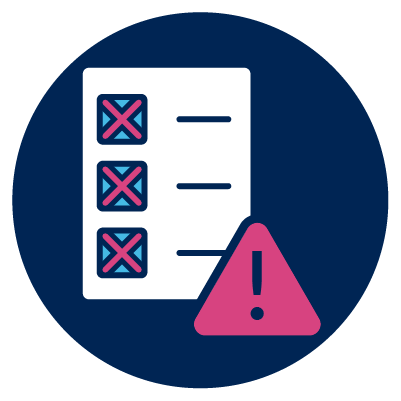
If you don't do the activities in your job plan, Services Australia might
- stop your income support payments.
This might happen if you don’t have a good reason why you didn't do the things in your job plan.
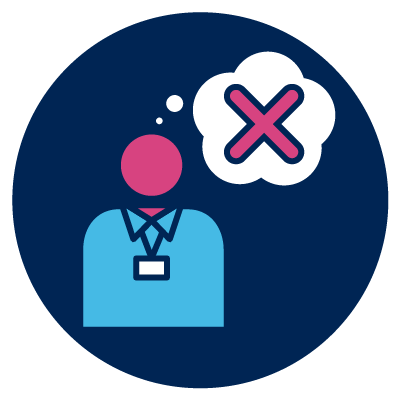
If you don’t have any mutual obligations, your income support payments won’t change.
But your Inclusive Employment Australia provider might still decide to stop giving you Inclusive Employment Australia help, for example if you:
- don’t do the training you planned
- keep missing job interviews.
Pausing your Inclusive Employment Australia program
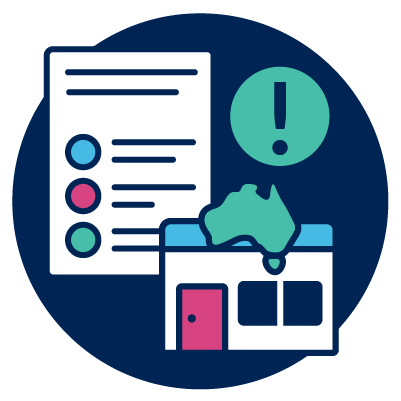
You must follow your job plan unless Services Australia says you don’t have to.
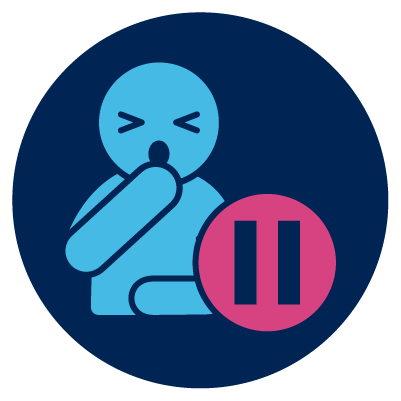
For example, you might not be able to follow your job plan if you get very sick.
If Services Australia agrees, they can pause your program until you are well.
You will need medical evidence for this pause to happen.
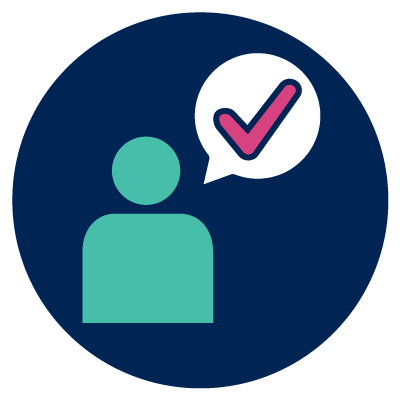
You can still get Inclusive Employment Australia services during this time if you want to.

If you have a medical certificate from your doctor saying you’re sick, you need to give it to Services Australia.
You don’t give it to your Inclusive Employment Australia provider.
Keeping your job

Once you get a job, your Inclusive Employment Australia Provider can help you with:
- on-the-job training
- talking to your employer and people you work with
- ongoing help.

When you take part in Inclusive Employment Australia, you can choose:
- the services you get
- how you get them services.
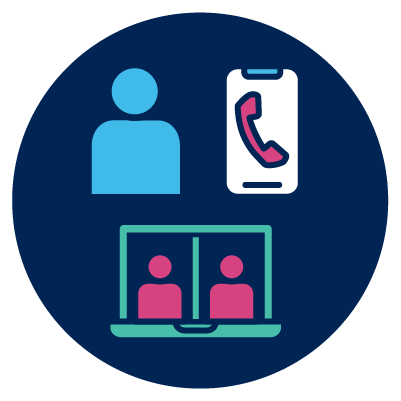
For example, you can work with your Inclusive Employment Australia provider about having appointments:
- in person
- by phone
- by video chat.
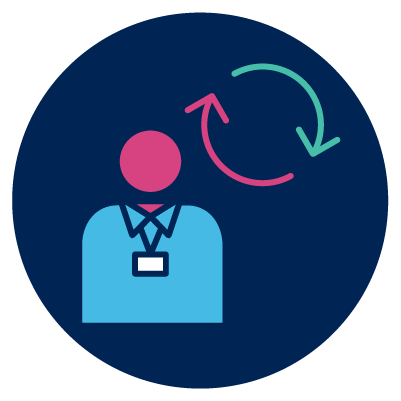
You can also change your Inclusive Employment Australia provider:
- at any time
- as many times as you like.
You don’t have to explain why you want to change.
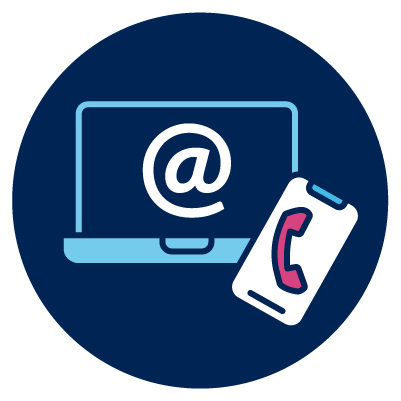
To change your provider, contact the National Customer Service Line.
You can call them.
You can email them.
